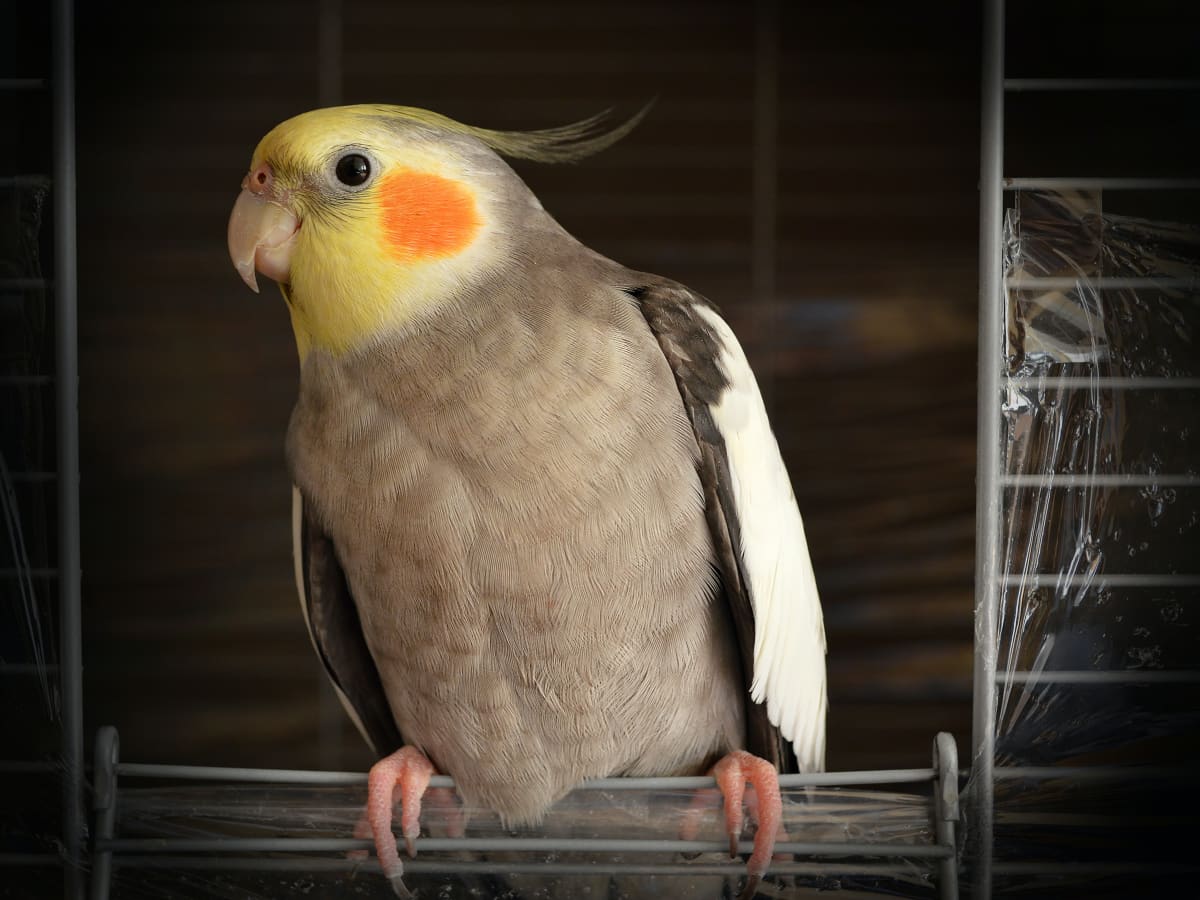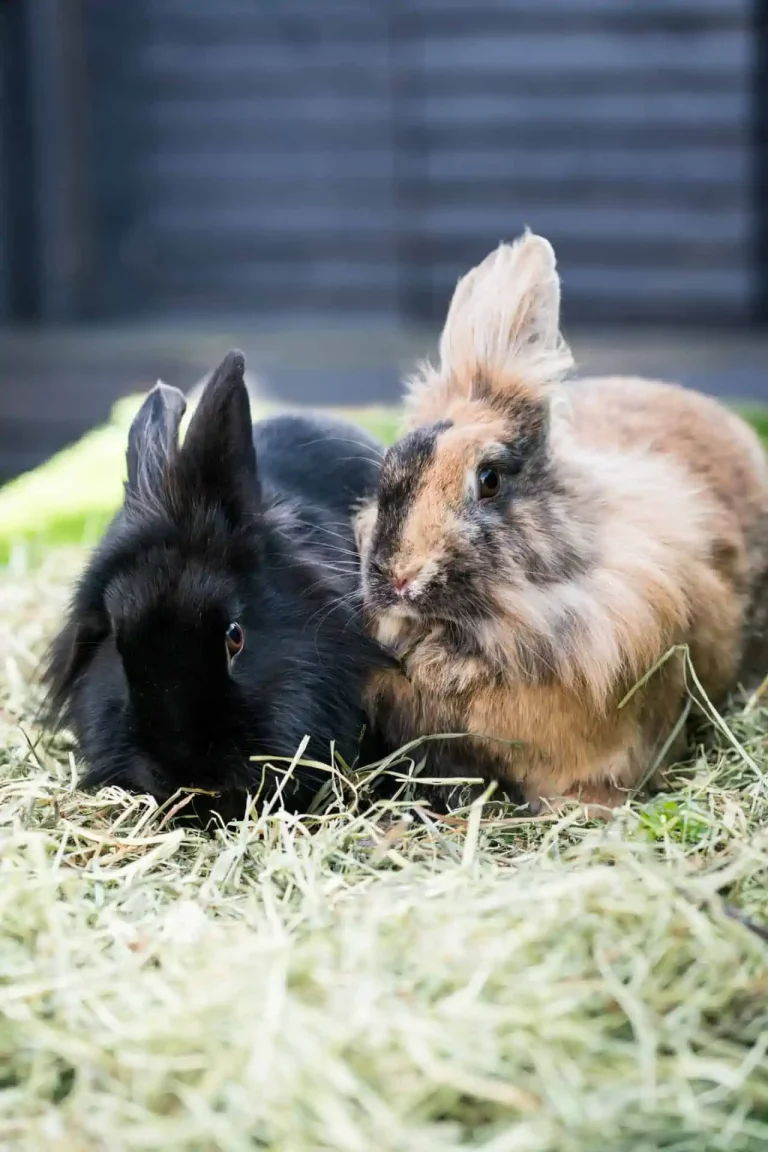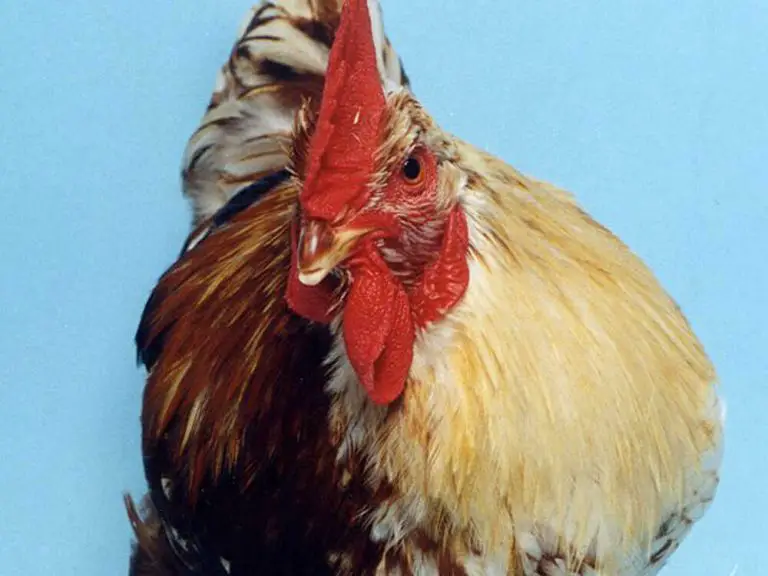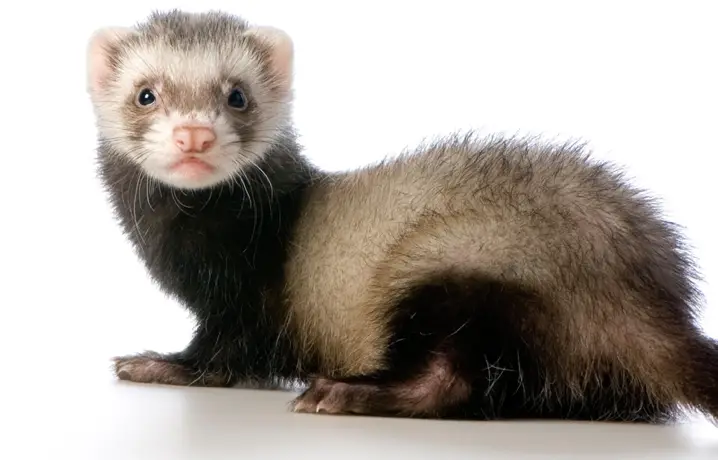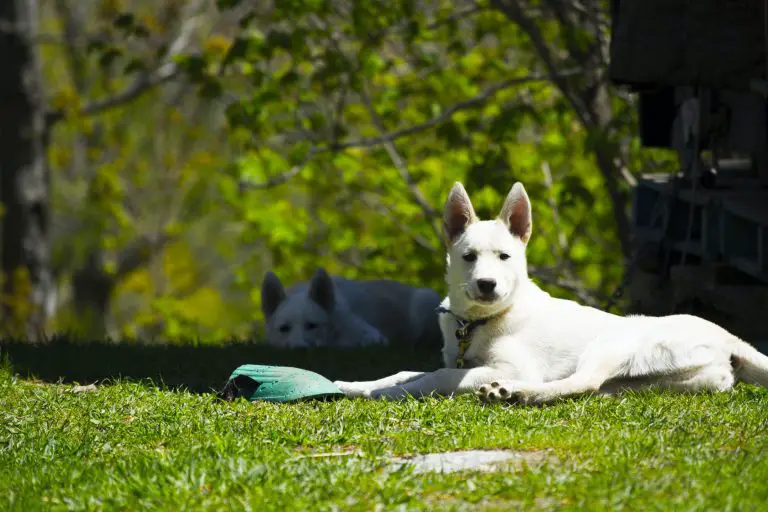What To Know When Getting A Bird For A Pet
This article examines the multifaceted process of acquiring a bird as a pet.
It elucidates on the distinctive needs of various bird species, the necessary home preparations, and essential care guidelines for novice owners.
Additionally, it highlights potential health issues and prevention methods, concluding with a section on the training and socialization of pet birds.
The content within serves as a comprehensive guide for potential and current bird owners.
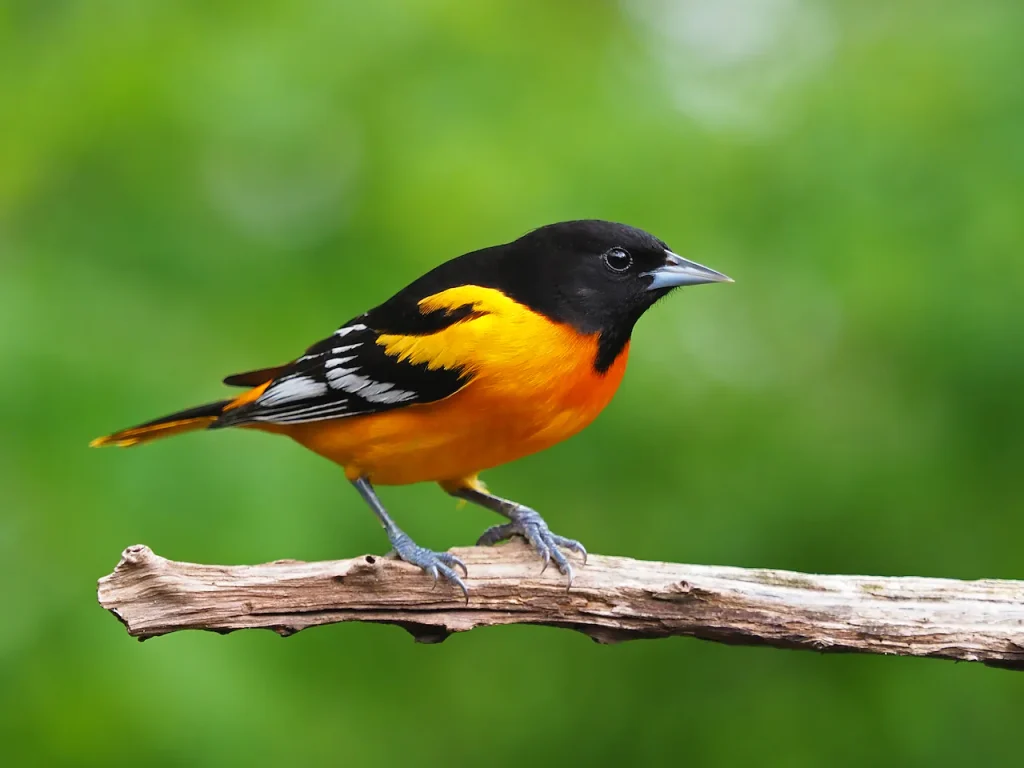
Understanding Different Bird Species and Their Needs
Delineating the diverse species of birds and comprehending their specific needs is a crucial step in ensuring their health and well-being in a domestic setting. Each species possesses unique characteristics, dietary needs, and habitat requirements that must be met to maintain optimal health.
Canaries, for instance, require a diet rich in seed, fruit and leafy greens, and thrive in temperatures between 60 and 70 degrees Fahrenheit. Conversely, parrots have a more diverse diet, including nuts, fruits, vegetables, grains, and some protein sources. Their ideal temperature range is slightly higher, around 65 to 80 degrees Fahrenheit.
Understanding these differences is essential in providing appropriate care. It is also vital to recognize that certain species require more social interaction than others. For example, parrots are known for their sociability and require regular interaction for mental stimulation, while canaries are more solitary birds.
The habitat requirements for each species also vary. The size and type of cage, for instance, can greatly impact a bird’s quality of life. Larger parrots require spacious cages with plenty of room for flight and exploration, while smaller birds like canaries can thrive in a smaller space.
Preparing Your Home for a Feathered Friend
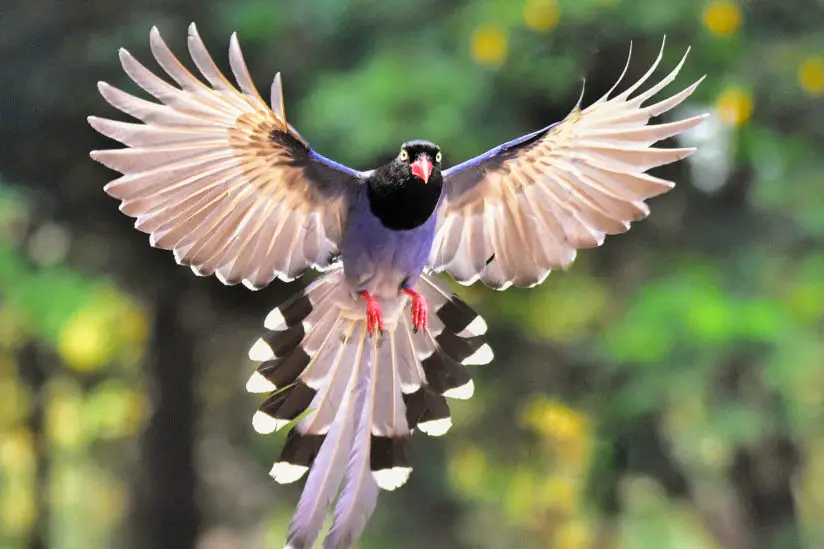
Ensuring a safe and comfortable environment for the new avian companion requires careful consideration and preparation. This involves making adjustments to the home environment and acquiring necessary supplies to meet the bird’s specific needs. It is essential to take into account the bird’s species, size, and temperament when making these preparations.
- Cage Selection and Placement: The cage must be spacious enough for the bird to move around comfortably. It should be placed in a quiet, well-lit area away from direct sunlight and drafts. The cage’s location should also facilitate social interaction, as birds are social creatures by nature.
- Cage Furnishings and Toys: The cage should be equipped with perches of varying diameters and materials to promote foot health. Toys and puzzles should be provided for mental stimulation.
- Nutrition: A balanced diet suitable for the bird’s species is crucial for its health and longevity. This typically includes a mix of seeds, pellets, fruits, vegetables, and occasional treats.
- Safety Measures: Household hazards such as toxic plants, open windows, and other pets should be addressed before introducing the bird to the home. Regular vet check-ups are also essential to monitor the bird’s health.
The preparation process can be challenging, yet it is a critical step in ensuring the well-being of the new avian companion.
It is hoped that these steps will provide a comprehensive guide for potential bird owners, contributing to a positive and enriching experience for both the bird and its caretaker.
Essential Bird Care Tips for New Owners
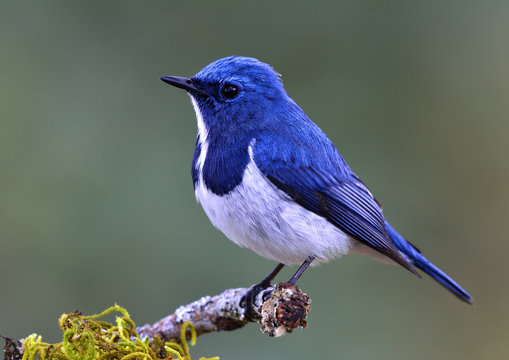
Navigating the realm of avian caretaking necessitates a comprehensive understanding of essential care tips, particularly for new owners. Central to this understanding is the realization that birds, as pets, require a specific set of conditions to thrive. These conditions revolve around diet, environment, and behavior patterns.
Birds require a balanced diet to maintain their health. This should comprise high-quality pellets, a variety of fresh fruits and vegetables, and a minimal amount of seeds. Hydration is equally vital, necessitating clean, fresh water available at all times. It is essential to note that certain foods, such as avocado and chocolate, can be toxic to birds and should be avoided.
The environment plays a crucial role in the well-being of a bird. Suitable cages should be spacious, secure, and easy to clean. Placement of the cage should avoid direct sunlight, drafts, and noisy areas. Regular opportunities for safe, supervised out-of-cage time are also recommended for mental stimulation and exercise.
Understanding and responding appropriately to a bird’s behavior is significant. Birds are social animals and need regular interaction. Training and socialization should be conducted gently and patiently. Changes in behavior can signal health issues; therefore, regular veterinary checks are imperative.
Potential Health Issues and How to Prevent Them
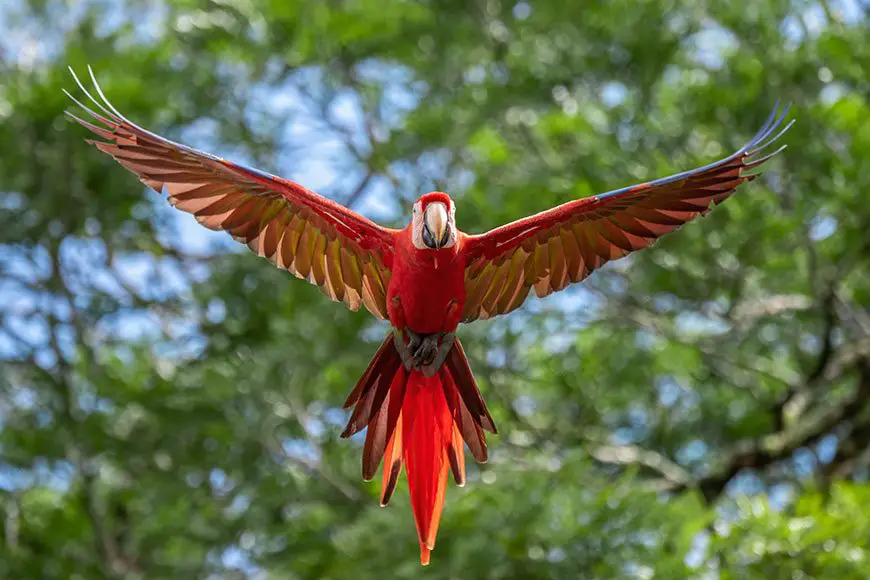
Potential health issues in avian species can be diverse and complex, making prevention an integral component of responsible ownership. Various factors can contribute to the health status of these creatures such as diet, environment, and genetics, thus the importance of understanding these aspects cannot be understated.
- Dietary Issues: Providing a balanced and nutritious diet is paramount in maintaining the bird’s health. Inadequate food intake can lead to nutritional deficiencies causing a range of conditions such as weakness, poor feather condition, and even organ failure.
- Environmental Factors: Birds are extremely sensitive to their environment. Improper cage size, poor hygiene, exposure to toxins, and inadequate temperature control can lead to various health problems such as respiratory conditions, stress, and increased vulnerability to infections.
- Genetic Predispositions: Certain species of birds may be more susceptible to specific health issues due to their genetic makeup. Regular veterinary checks are essential in early detection and management of such conditions.
- Infectious Diseases: Birds are susceptible to a variety of infectious diseases that can be fatal if not treated promptly. Vaccinations and regular health checks can help prevent these.
Understanding the potential health issues and their prevention in avian species is critical for anyone considering bird ownership. By providing a suitable environment, balanced diet, regular health checks, and appropriate vaccinations, many health issues can be prevented, enabling these magnificent creatures to live long, healthy lives. This knowledge also fosters a deeper connection and responsibility towards these sentient beings, highlighting the importance of their well-being in our shared ecosystem.
Training and Socializing Your New Pet Bird

Training and socializing avian companions require a comprehensive understanding of their unique behaviors and communication cues for successful integration into a human-centered environment. The process necessitates patience, consistency, and positive reinforcement techniques to foster trust and develop a bond between the bird and the human caregiver.
Initial stages of training include habituation, where the bird is introduced to its new environment, and the establishment of a daily routine. A predictable routine provides a sense of security, reducing stress and facilitating the bird’s adaptation to its new home.
Socialization involves exposing the bird to a variety of experiences, including interactions with different people, handling, and new sounds or sights. Regular, controlled exposure helps to desensitize the bird to potential stressors, improving its confidence and overall well-being.
Communication is a crucial part of training avian pets. Birds use a range of vocalizations and body language to express their needs and feelings. Understanding these cues allows for more effective training and better overall care. For example, a relaxed bird may sing, preen, or play, while a frightened or agitated bird may exhibit behaviors such as biting, screaming, or feather plucking.
Frequently Asked Questions
What Are Some Unexpected Costs That Can Come With Owning a Bird?
Unexpected costs associated with bird ownership may include emergency veterinary care, specialized dietary needs, cage upgrades or replacements, unexpected grooming requirements, and potential costs related to lifespan exceeding owner’s initial expectation.
How Do Birds Interact With Other Household Pets?
Bird interactions with other household pets vary significantly, largely dependent on species, temperament, and environment. Careful monitoring is crucial to prevent potential harm or stress, as interspecies relationships can be unpredictable and complex.
What Are the Legal Implications of Owning Certain Bird Species?
Legal implications of owning specific bird species involve compliance with domestic and international laws, with restrictions on certain species due to conservation status, potential invasiveness, or risks to local wildlife and ecosystems.
How Do I Prepare for a Vacation or Extended Time Away From Home as a Bird Owner?
Preparation for extended periods of absence involves arranging reliable care for the bird, ensuring adequate food and water supplies, and providing mental stimulation to mitigate the potential stress of the owner’s absence.
What Are Some Common Misconceptions About Owning a Bird as a Pet?
Common misconceptions about avian pet ownership include notions of low maintenance requirements, limited space needs, and negligible social interaction. In reality, birds require substantial time, space, and social engagement for optimal health and well-being.
Conclusion
In conclusion, careful consideration of bird species and their needs is essential for successful ownership of a pet bird. Adequate preparation of the home environment is also crucial to create a suitable living space for the bird. Adherence to essential bird care tips, such as providing a balanced diet and regular veterinary check-ups, is necessary for maintaining the bird’s health. Vigilance regarding potential health issues, such as respiratory infections or parasites, is important to catch and treat any problems early on. Additionally, commitment to training and socialization helps to ensure the bird’s well-being and cultivate a rewarding companionship between the bird and its human caregiver.
Such comprehensive understanding and attentiveness are key factors in the successful ownership of a pet bird. They not only ensure the welfare of the bird but also contribute to a fulfilling and enjoyable companionship for both the avian friend and the human caregiver.

